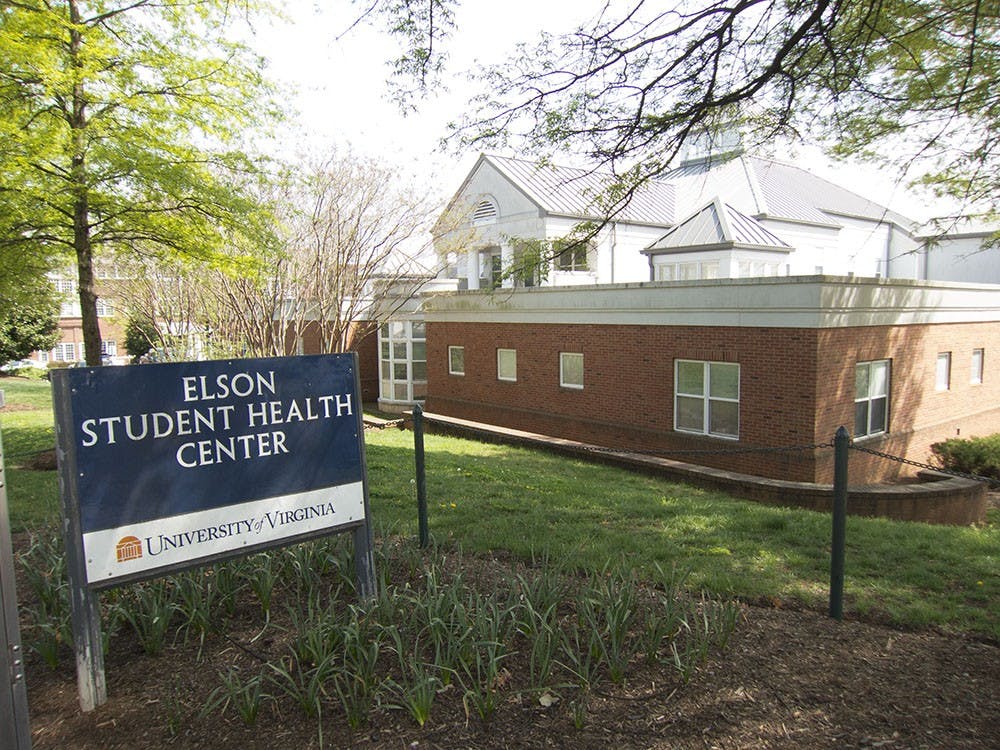The University has one of the best mental health systems in the country — at least, according to Tim Davis, the newest director of the Center for Counseling and Psychological Services.
“I’ve worked with a lot of places and a lot of big places, and this is the sharpest group of counselors and psychiatrists I’ve ever been affiliated with,” said Davis, who joined the University in Aug. 2013 after stints at the University of Michigan and Indiana University.
Mental health services at the University are extensive and have been increasingly utilized by the student body in recent years. During the 2012-13 school year, CAPS had approximately 10,000 visits — an increase of 29 percent in a five-year period.
The rise in visits could be indicative of heightened outreach by the CAPS team, which works throughout the school year to inform students about the services available to them on Grounds. But it could also be in line with national trends, which indicate a growing number of students have mental health issues during their college years.
“The demand for CAPS services has gone way, way up,” Davis said. “I don’t think it’s anything particular about U.Va.”
In recent years, the most common mental health issue faced by college students has shifted from depression to anxiety. According to the Association for University and College Counseling Center Directors, 46.2 percent of students in counseling services suffer from anxiety, while 39.3 percent face depression. This is followed by 35.3 percent who identify as struggling with relationship issues, 17.9 percent with suicidal thoughts or behavior and 11 percent with alcohol abuse.
Davis said he noticed anxiety was the predominant mental health issue while working at the University of Michigan, but he didn’t realize it was a national trend until later on.
“What we found when we put all our data together nationally it was happening everywhere,” he said.
There are two ways University students who desire help can obtain CAPS services. The more traditional route is to contact CAPS and schedule a brief screening over the phone. During the screening, a clinician assesses the student’s needs and makes a suggestions on how to best address those needs. A student who needs to see a clinician right away can also walk into CAPS and receive immediate attention.
After the initial screening, students will often undergo another 50-minute interview with a clinician in order for the CAPS staff to gain a fuller understanding of the student’s concerns.
There are a variety of options available to students at CAPS. Some students attend anywhere from two to 10 sessions of individual therapy. After 10 sessions, the student will either conclude his or her involvement with CAPS or seek other providers of therapy with CAPS’ assistance.
Additionally, some students receive a referral for medication. According to Davis, 15 to 20 percent of students who visit CAPS for counseling take medication.
One of the most popular and effective forms of treatment is group therapy or workshops, Davis said.
“The group counseling process for college students is really wonderful,” he said. “Enrollment in group counseling was up 100 percent this year, which we’re thrilled about,”
CAPS offers a variety of groups that address several issues that students face. For example, there is a group for international students, students with bipolar disorder and those who struggle with academics. The group setting allows students to help each other, with the oversight of a professional clinician.
“The student feels really engaged and cared about by another student,” he said.
Part of CAPS’ main goal is to make students comfortable with talking about their issues and tackling stigmas against mental illness.
Davis said CAPS has successfully connected to the student body — noting 8.3 percent of University students are being seen at CAPS, compared to the national average of 7 percent.
“That means that whatever we’re doing with our outreach program is working,” he said.
Still, with mental health issues highly prevalent among college students, Davis said he knows his work is not complete and that CAPS has room to grow. He said he aims for CAPS to become more integrated with the University, and become a place where students not only to seek counseling and treatment, but also go to better themselves.
“I’d really like to be more available for students who are coming in and just want to be the best version of themselves,” Davis said. “I’d like us to be more in tandem with the ideal that U.Va. puts out about the best and brightest leaders of tomorrow that want to be able to make a difference.”







